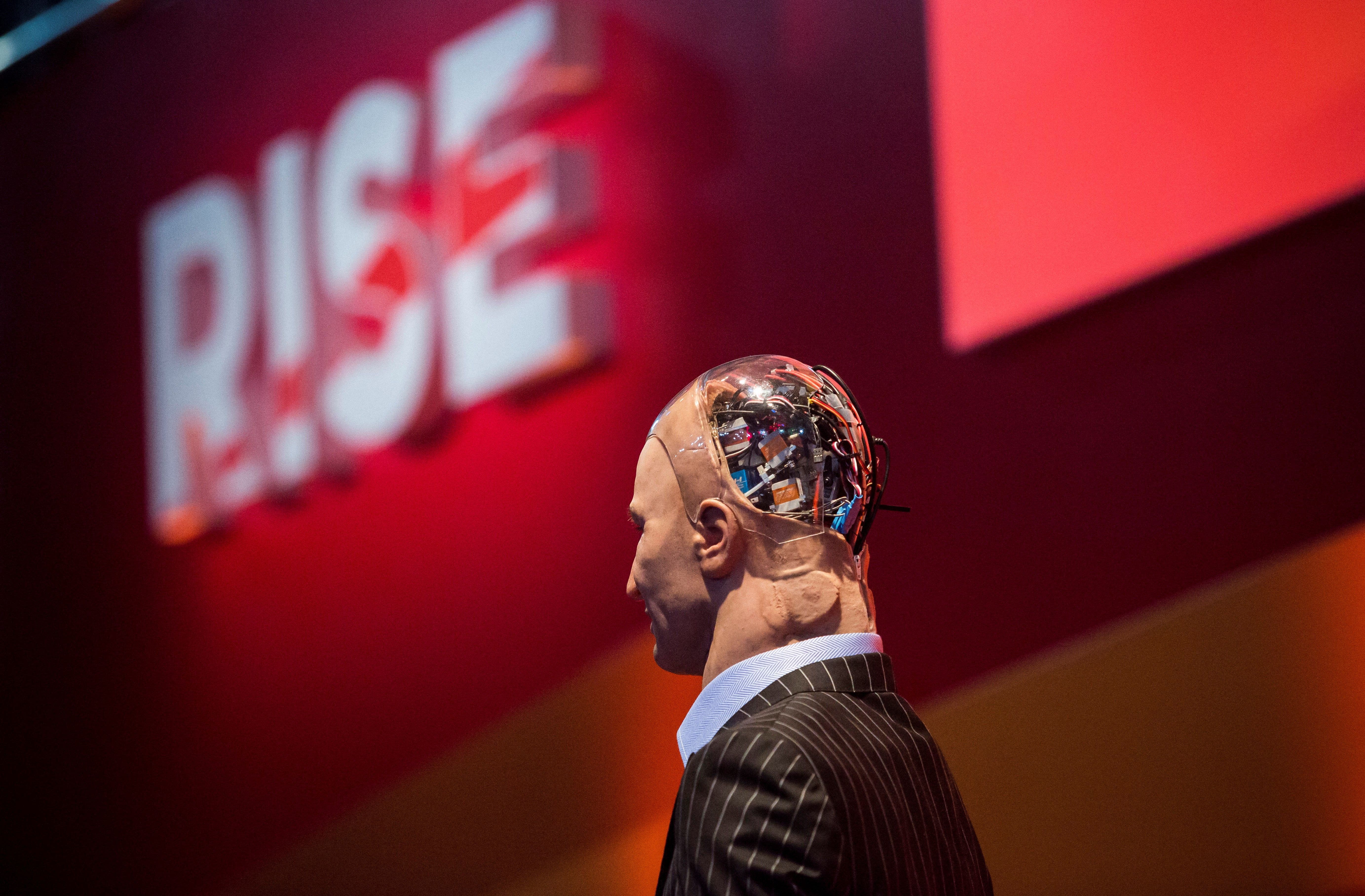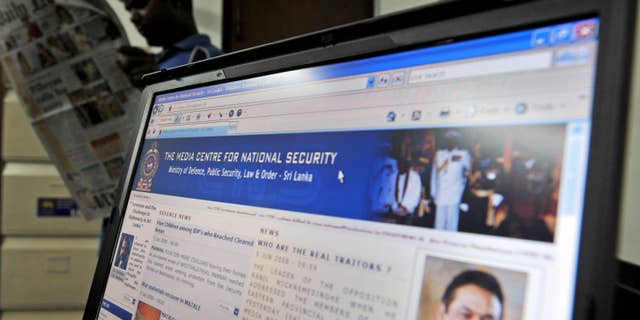
A world in which AI-generated videos and images can deceive the public on a massive scale — fears of the “Godfather of AI” — has become a reality, according to an artificial intelligence writer and podcast host.
“That moment has come,” says cognitive scientist Gary Marcus, who hosts the AI-focused podcast, “Gary Marcus’s Humans and Machines.” “These technologies are only going to get better in the coming years.” The better, but they’re good enough that they can probably fool at least some people at some point.”
WATCH: AI experts say AI content is already real enough to deceive the public
Watch more FOX News digital original content here
Computer scientist Geoffrey Hinton, widely considered the “godfather of AI,” helped develop systems for software such as ChatGPT and, more recently, told the new york times He worries that AI-generated photos, videos and text will soon flood the internet. As a result, ordinary people will “no longer be able to know what’s real,” he said.
The rapid development of artificial intelligence over the past few months has made it easier to create deepfakes, surreal but fake content. Marcus pointed to a recent Republican National Committee ad arguing about what the world would look like if Biden were president. It uses AI to generate realistic visuals of China’s invasion of Taiwan, the influx of 80,000 illegal aliens across the southern border, and soaring crime and drug use forcing San Francisco to declare martial law.
“The RNC created a very compelling ad for the 2024 election that used deepfakes and it looked very plausible,” said Marcus, who led Uber’s AI lab from 2016 to 2017 , and co-authored the book Rebooting Artificial Intelligence: Building Artificial Intelligence We Can Trust. “
Marcus said the RNC anti-Biden campaign ad, produced entirely with AI imagery, supports his belief that we “already” live in an era where AI deepfakes can deceive the public. (SAUL LOEB/AFP via Getty Images)
Everything you need to know about artificial intelligence: what is it good for?
Other examples of viral deepfakes include “Heart on My Sleeve,” Songs made by artificial intelligence Clone the sound and style of Drake and the Weeknd, and fake photo of pope francis Wearing a big down jacket.
Meanwhile, NewsGuard, which rates news and information sites, recently 49 news and information sites identified Fully or mostly AI generated.According to NewsGuard, these sites use the artificial intelligence: “Bland language and repetitive phrases.”

NewsGuard said it found nearly 50 websites, spanning seven languages, that claimed to report news that was entirely or mostly generated by artificial intelligence. (STR/AFP via Getty Images)
Marcus said the May 1 report further supports his belief that Hinton is concerned that AI-generated content will often deceive ordinary people, “basically.”
Click here for the Fox News app
To watch the full interview, click here.
To listen to Marcus’ new podcast, Click here.







